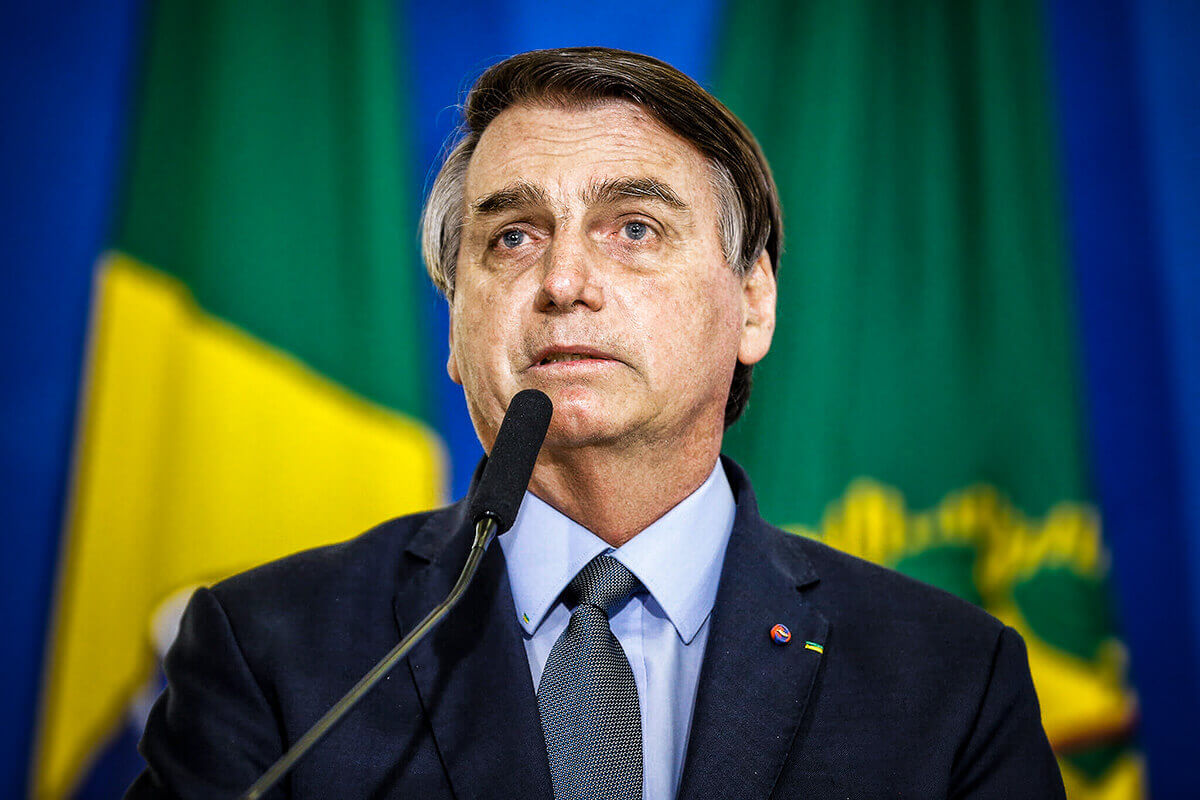Brazilian President Jair Bolsonaro announced an end to “Operation Car Wash”, the country’s biggest-ever corruption investigation, claiming that there is “no more corruption in the government”.
The probe was put into action in 2014 and has led to several high-profile arrests, including that of former president Lula da Silva. The biggest discovery made by the investigation was that politicians and businesspeople were embezzling millions of dollars from state-run oil company Petrobras. At the same time, it also revealed that senior politicians had accepted bribes from construction company Odebrecht to offer lucrative public contracts.
Bolsonaro expressed his ‘pride’ at ending the investigation in what seems to be a campaign ploy ahead of the upcoming municipal elections this year and presidential elections in 2022.
The task force in charge of the operation has recently come under fire for appearing to be partisan, after it emerged that investigators had ‘conspired’ to prevent Lula from running in the 2018 presidential race, which Bolsonaro eventually won.
In fact, Sergio Moro, who was once a judge at the head of the Car Wash investigation, tweeted after Bolsonaro’s announcement that corruption is still rife in Brazil. He remarked, “The attempts to end the Car Wash investigation represent the return of corruption. It’s the triumph of the old politics and schemes that destoy Brazil and weaken its economy and democracy,” adding, “We know this film.”
Interestingly, Moro resigned from his post of Justice and Public Security Minister earlier this year due to “political interference” and a lack of “autonomy” in the federal police after federal police chief Mauricio Valeixo was fired. Moro accused Bolsonaro of “breaking the promise of a carte blanche”.
Bolsonaro sacked Valeixo as he wanted someone with whom he had “personal contact, whom he could call, ask for information, intelligence reports”. An anti-corruption judge also resigned on the same day just after Moro resigned. In the aftermath of these proceedings, the Supreme Court launched an investigation into the president for political interference in the police force.
The President has long sought to stack the government with close allies and friends. In fact, the Supreme Court forced the President to withdraw the name of family friend Alexandre Ramagem, whom Bolsonaro had nominated to run the federal police.
In addition, Bolsonaro’s son, Flavio is being investigated for money laundering and misuse of public funds.
Therefore, Moro’s claims that corruption is alive and well in the Brazilian government appear to be well placed. Ending “Operation Car Wash” thus seems to be an effort by the Bolsonaro administration to deflect attention from its own flagrant corruption.
Bolsonaro Announces End to “Operation Car Wash”, Says There Is “No More Corruption”
Bolsonaro expressed his ‘pride’ at ending the investigation in what seems to be a campaign ploy ahead of the upcoming municipal elections later this year.
October 9, 2020

IMAGE SOURCE: CAROLINA ANTUNES / FLICKRBrazilian President Jair Bolsonaro
